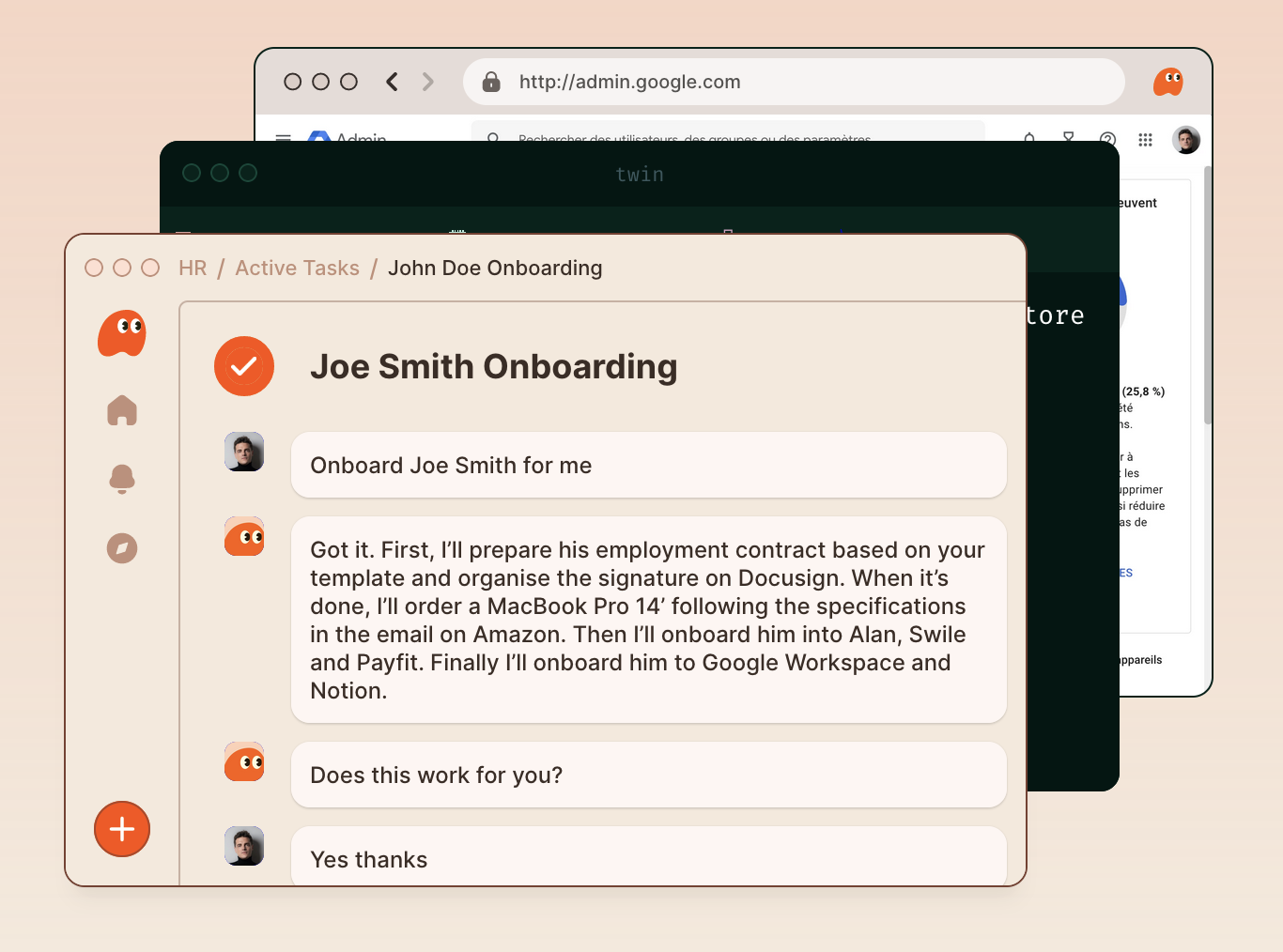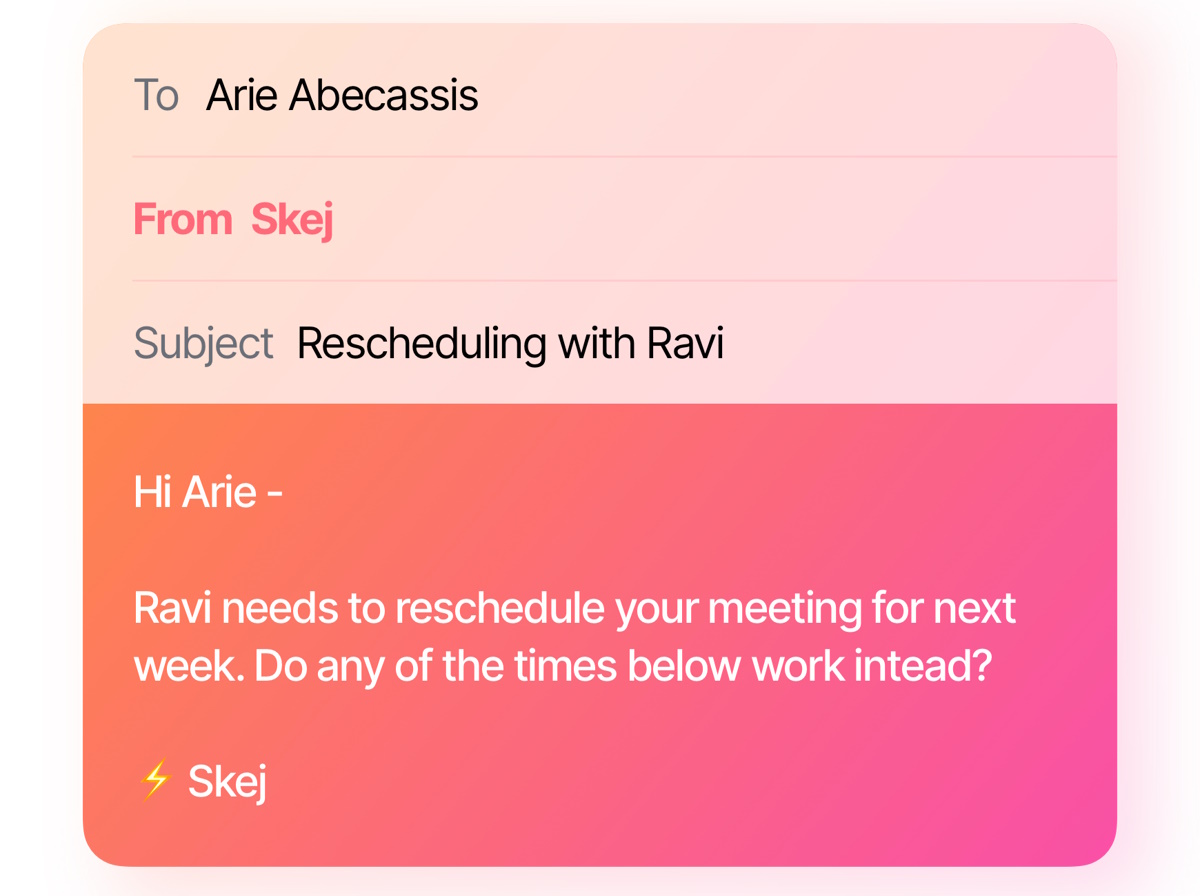
There’s a lot of hype about the promise of AI agents today, but payments are a huge limiting factor. Today, an AI agent might be able to plan a vacation for you independently, but a human has to step in when it’s time to input your credit card information. Skyfire Systems wants to change that.
Skyfire created a payment network specifically for AI agents to make autonomous transactions. Now, obviously, AI agents are hard to control today, so the idea of one tied to your bank account is terrifying. However, Skyfire uses a number of safeguards to prevent AI agents from overspending, making the whole thing a little less scary.
Skyfire assigns each AI agent a digital wallet with a unique identifier, where businesses can deposit a set amount of funds they want the agent to spend, so they don’t get unlimited access to a bank account. Skyfire also allows customers to set limits on how much an AI agent can spend in one transaction and over time. If an AI agent tries to overspend, it will ping a human to review it. Skyfire also offers a dashboard to view exactly how much, and where, their agent is spending.

Skyfire’s co-founder and CEO Amir Sarhangi sold his last startup, Jibe, to Google, and the RCS messaging protocol Jibe helped pioneer became the standard for Android’s billion users. Now he’s trying to develop an open protocol to power payments in the AI era.
“AI agents can’t do anything if they can’t make payments; it’s just a glorified search,” said Skyfire co-founder and chief product officer Craig DeWitt in an interview with TechCrunch. “Either we figure out a way where agents are actually able to do things, or they don’t do anything, and therefore, they’re not agents.”
On Wednesday, Skyfire officially launched its payment network and announced $8.5 million in seed funding raised from Neuberger Berman, Inception Capital, Arrington Capital, and other investors. (Arrington Capital is led by Michael Arrington, the founder of TechCrunch, who left the publication in 2011.)
Payments for agents
Notably, Skyfire doesn’t build the AI agents, but plenty of companies already are: They’re all trying to make sure agents don’t go rogue and send 4,000 printers to the office when the old one runs out of ink (ideally, just one). Even though Skyfire has added safeguards, the founders say that aligning AI agents to act responsibly is ultimately up to the companies behind them.
Skyfire is solely focused on creating the payments network these agents can transact on, and did it using blockchain technology. The founders were early executives at the cryptocurrency startup Ripple, helping to build a cross-border payments network that processed more than $50 billion during their time there.
Businesses can deposit and withdraw U.S. dollars from Skyfire, but under the hood, the platform is converting those dollars into a digital stablecoin. Skyfire uses USDC, a digital stablecoin pegged to the American dollar’s value, and holds it in a wallet tied to that agent.
Skyfire collects 2% to 3% of every transaction to generate revenue but says verification services could be another source of revenue moving forward. As AI companies struggle to generate returns on expensive models, it’s possible more will turn to payments as a means to break even.
AI agents on a shopping spree
In a beta test over the last two months, some AI agents have already been spending their companies’ dollars with Skyfire, the founders tell TechCrunch.
Denso, a global auto parts manufacturer, created AI agents to source materials without the help of humans. These systems could find the materials Denso wanted to buy but required humans to step in at the end of the month and conduct a wire payment. Now Skyfire enables Denso’s AI agents to work truly autonomously.
Another company already using Skyfire is Payman, which allows AI to pay humans for various tasks, kind of like Fiverr. With Skyfire’s platform, Payman’s AI agents can now hire and fulfill payments to contract workers completely autonomously, at least in theory.
For now, Skyfire is focused on B2B use cases for its payments network. But Skyfire’s CEO says that’s just the beginning.
“The protocol we built will be an open protocol that any company, even a competitor, can use,” said Sarhangi in an interview. “We want this to be the thing everybody uses when it comes to payments in the AI world.”
Skyfire’s founders believe AI agents will fundamentally shift the way things are purchased on the internet. To buy something online today, humans fill out lots of personal information and select images of traffic cones to verify your identity. Skyfire hopes its payments network makes the interface obsolete, and your AI agent can one day just act as a secure intermediary between vendors and your bank account.




